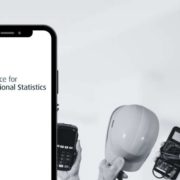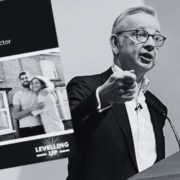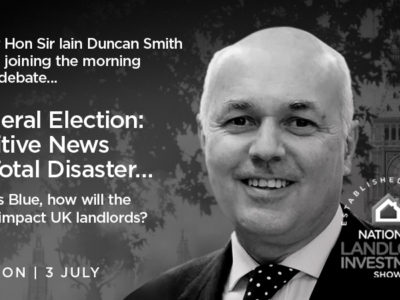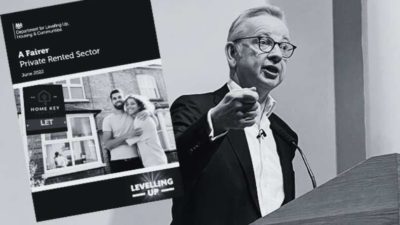2020 has started in an unexpected way. I am not talking here about Prince Harry and Meghan, and what the tabloids have called “Megxit”, or even the renewed tension between the US and Iran.
No, I am talking about the drumbeat from members of the Bank of England’s Monetary Policy Committee (MPC), which suggests that an interest rate cut is on the cards, when it meets on 30th January.
It is unexpected, because it seemed that the Bank’s approach was straightforward. The economy would receive a boost from the end of political and Brexit uncertainty, as delivered by Boris Johnson’s healthy majority in the pre-Christmas general election.
All the Bank had to do, it seemed, was wait for those effects to show through. It could sit on its hands and hold interest rates steady, as it had done since 2018.
Data points to rosy outlook
Sure enough, business and consumer surveys suggest that the economy is due to benefit from a reduction in uncertainty. Deloitte, the accountants, which records the views of chief financial officers, found a particularly sharp jump in confidence, and in investment and employment intentions.
Some of those effects are showing through in the housing market. The Halifax house price index, admittedly more volatile than its peers, showed a jump in prices in December and a return to 4 per cent house price inflation. Savills, the upmarket estate agent, said a cloud had lifted from the market.
In spite of this, however, some members of the MPC appear unconvinced. One member, Jonathan Haskell, who voted for a rate cut in November and December, said that there were “downside risks” to the Bank’s forecast and that “Brexit uncertainties may remain entrenched.”
Another member, Jan Vlieghe, who has yet to vote for a cut in this sequence, said he needed to see “an imminent and significant improvement” in the UK data, to justify waiting longer before cutting rates.
Mark Carney, the outgoing BoE Governor, for whom the 30th January rate decision will be his last before he hands over to Andrew Bailey, has conceded that “there is a debate at the MPC over the relative merits of near-term stimulus.”
Dr Carney’s mixed record on rates
That is central bank speak for the BoE clearly mulling over a cut in rates from 0.75 per cent to 0.5 per cent – in other words, a return to the emergency level of interest rates established during the depths of the financial crisis in March 2009.
Dr Carney leaves the BoE, having raised expectations of hikes early in his tenure, before embarking on rate cuts and a fresh round of quantitative easing, following the EU referendum, the last time the UK economy showed signs of weakness comparable to the present.
In the aftermath, he appeared to be making up for lost time, overseeing two post-referendum rate hikes between 2017-18.
However, in his final months at the BoE, Dr Carney has steered the ship, as the MPC voted to keep rates low and steady, as a result of concerns over a trade war and Brexit uncertainty.
An interest cut in time to save nine
The argument to cut in early 2020 rests on whether the BoE looks back to the weakness of the economy at the end of last year, when it stagnated, or whether it looks forward to a slightly stronger picture in the months to come.
It’s a dilemma of whether the Banks should slash rates, based on data serving as something of a rearview mirror for the economy, or remain cautious in case the economy improves, and keep its powder dry by holding rates steady even longer.
It could be a close-run thing. Some members of the MPC will definitely vote to cut rates, while others will not be persuaded at his stage. Markets say it is 50-50 whether or not there will be enough votes to swing in favour of a rate cut.
Even if there is no cut, however, there is potentially good news here for the housing market. It is only a few months since the Bank was signalling that it was waiting for Brexit uncertainty to lift before commencing a process of raising rates.
That is now firmly off the agenda. Even if this episode passes without a rate rise, it will be some time before the Bank contemplates raising rates.
Tie that to the fact that mortgage rates have been coming down even in the absence of rate cuts and that has to be helpful for the market.




















Comments